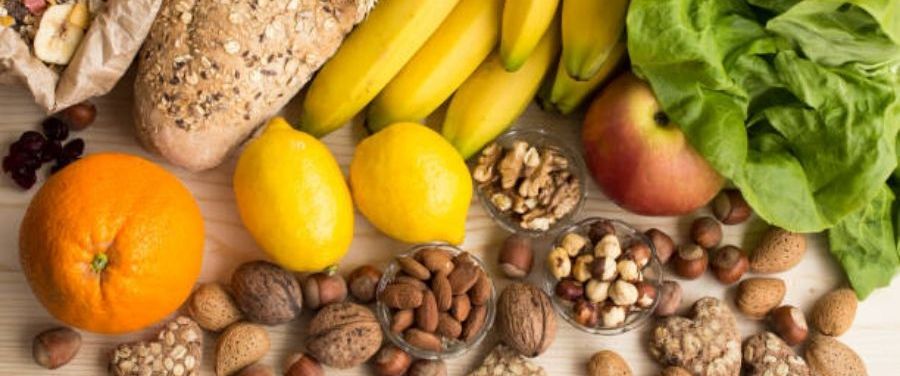Potassium is an electrolyte or a mineral, which is very essential for your body. Consuming the adequate amount of this mineral helps to keep you healthy, so it’s necessary to eat plenty of potassium rich foods daily.
RECOMMENDED DAILY INTAKE OF POTASSIUM:
According to U.S. National Academy of Medicine —
The Adequate Intake (AIs) for both males and females under the age of 9 years — (1)
- 400 mg for 0-6-months
- 860 mg for 7-12 months
- 2,000 mg for 1-3-years
- 2,300 mg for 4-8-years
For males aged of 9 years and older, the Adequate Intake for potassium — (1)
- 2,500 mg for 9-13 years
- 3,000 mg for 14-18 years
- 3,400 mg for 19 years and older
For females aged of 9 years and older, the Adequate Intake for potassium — (1)
- 2,300 mg for 9-18 years
- 2,600 mg for females of 19 years and older
For pregnant women, the Adequate Intake (AIs) for potassium — (1)
- 2,600 mg for 14-18 years
- 2,900 mg for 19 years of age and older
For lactating mothers, the Adequate Intake (AIs) for potassium — (1)
- 2,500 mg for 14-18 years
- 2,800 mg for 19 years of age and older
WHAT ARE THE BEST FOOD SOURCES OF POTASSIUM?
Many vegetables, fruits, meats and fishes are an excellent sources of potassium. If you want to boost the amount of this mineral, you may add these food items into your diet —
1. Sweet Potatoes:
Sweet potatoes are great in taste and contain plenty of potassium. A medium sized (approx. 114 g) sweet potato contains about 541 mg of potassium, which is 15 percent of your daily need. (2)
Along with this, the amount of calories in it is also low. A sweet potato contains only 103 calories. (2)

What’s more, sweet potatoes are rich in vitamins, carbohydrate, fiber, magnesium, phosphorous and other essential nutrients. Not only this, it also contains beta-carotene and vitamin A in plenty. It completes up to 400% of your recommended daily intake (RDI) value of vitamin A. (2)
Because of these characteristics, you can also call it superfood.
2. Tomato Juice:
Tomatoes are nutritious and can be used in salad, as well as, in vegetables. One ounce (abt. 28 g) raw red tomato contains only 5 calories. (3)
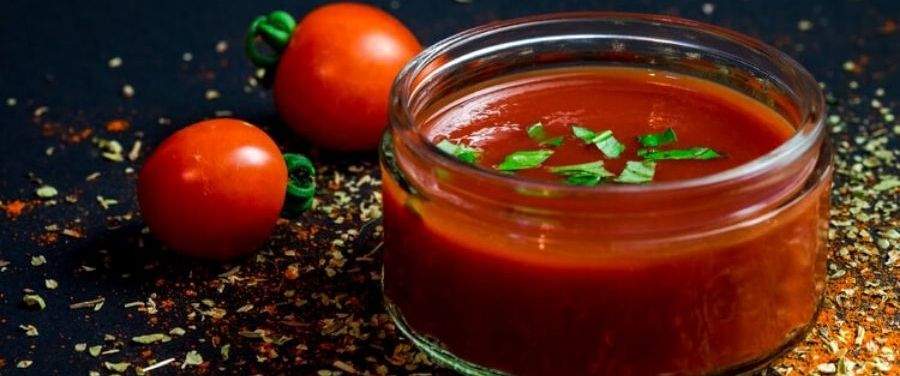
In addition to this, it contains 664 mg of potassium, 233 IU vitamin A, 3.5 mg vitamin C, 2.2 mcg vitamin K, 2.8 mg calcium and 26.5 gram of water. (3)
It is easily available in the market. You can also purchase it online. It is considered one of the best potassium rich foods.
3. Bananas:
Bananas are delicious and commonly available across the globe. It is world’s most popular fruit. A large (appx. 136 g) banana contains about 487 mg of potassium, which is 14% of your daily requirement. (4)
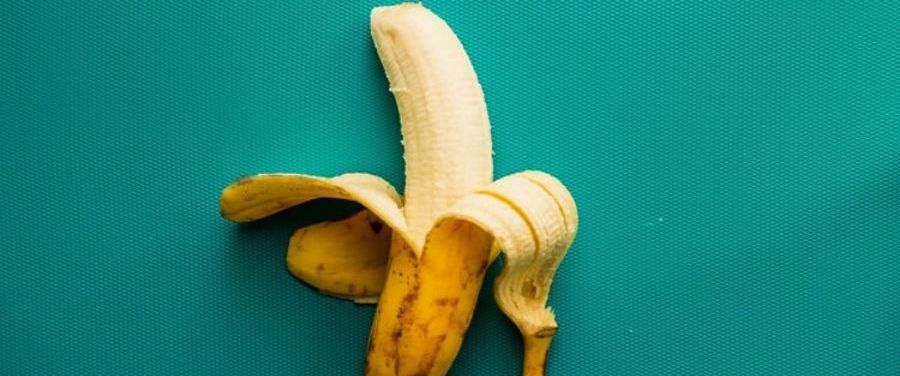
In addition, it provides 121 calories and up to 31 gram total carbohydrates, 10% of your RDI. (4)
What’s more, banana contains about 1.5 gram protein, 87 IU vitamin A, 11.8 mg vitamin C, 27.2 mcg folate, 6.8 mg calcium, 36.7 mg magnesium, 29.9 mg phosphorus and 21.8 mg phytosterols. (4)
Banana gives instant energy and is very beneficial in heart health, weight loss, blood pressure and in digestion.
4. Spinach:
Spinach can be added in several of dishes for stews, soups and casseroles or might be eaten as a side dish vegetable. It is a rich resource of minerals, vitamins, pigments and phytonutrients. One cup (appx. 30 g) raw spinach provides about 167 mg of potassium. It has almost zero fat and zero protein. (5)

Same serving size gives contains 2813 IU vitamin A, which is about 56% of your recommended daily intake. (5)
Vitamin A helps to keep your eyes healthy. In addition, spinach contains 8.4 mg (14%DV) vitamin C, 145 mcg (181% DV) vitamin K, 58.2 mcg (15% DV) folate, 29.7 mg calcium, 23.7 mg magnesium, 14.7 mg phosphorus and 23.7 mg sodium. (5)
Spinach is good for your skin, hair, healthy brain and strong bones.
5. Coconut Water:
Coconut water is a great hydrating summer drink, rich in electrolytes and other essential nutrients. One cup (240 g) of coconut water contains 600 mg of potassium, which is about 17% of your recommended daily intake. (6)
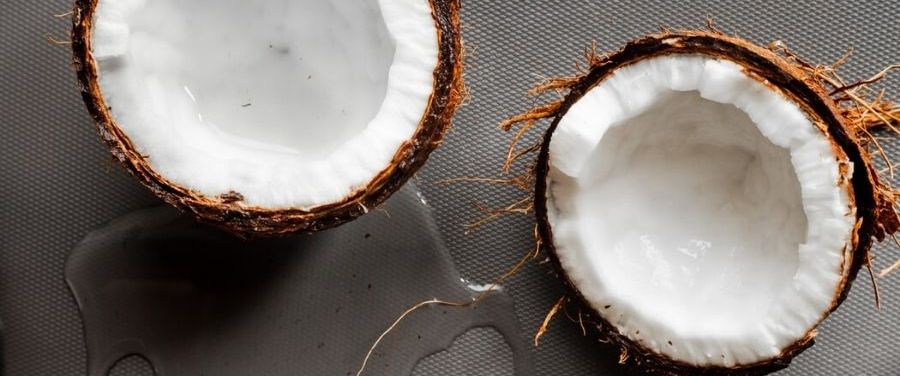
In addition, same serving size provides 45 calories, 9 gram carbohydrate, 57.6 mg calcium, 60 mg magnesium and 252 mg of sodium. (6)
Coconut water helps to control blood pressure, removes kidney stones, re-hydrate your body and keeps your heart healthy.
6. Avocados:
Avocados are nutritionally dense fruit. It is essentially served raw, especially in Mexican cuisines like guacamole. One cup (appx. 150 g) raw avocado provides 727 mg of potassium, which is 21% of your recommended daily value. (7)
Avocados may help individuals with high blood pressure, as it can increase their potassium and reduce their salt intake.
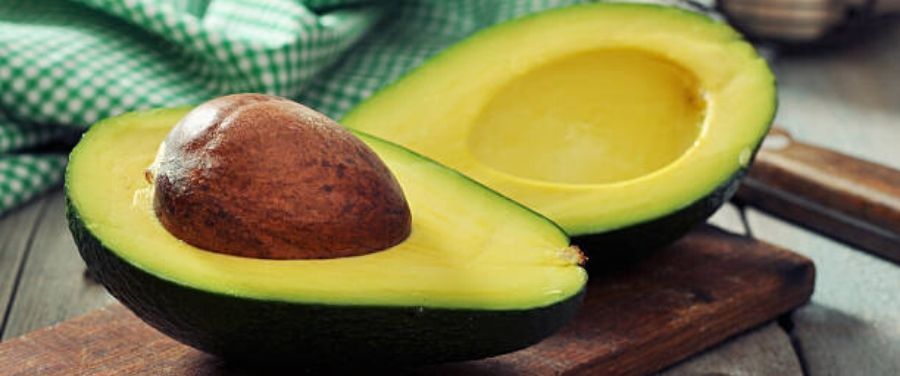
What’s more, same serving provides 3 grams protein, 12 grams carbohydrates, 3.1 mg (16% DV) vitamin E, 31.5 mcg (39% DV) viamin K and 122 mcg of folate (30% DV). (7)
It is considered as one of the best potassium rich foods.
7. Watermelon:
Watermelon is a delicious summer fruit, high in water contents. One cup (appx. 154 g) of raw watermelon contains 173 mg potassium. (8)
The same serving size also contains 46 calories, 876 IU (18% DV) vitamin A, 12.5 mg vitamin C, 10.8 mg calcium, 16.9 mg phosphorus, 15.4 mg magnesium and 141 gram of water. (8)

8. Potatoes:
Potato is a favorite vegetable of many Indians. It can be added to every vegetable. One medium sized (appx. 173 g) baked potato contains about 926 mg of potassium, which completes 26% of your recommended daily intake. (9)
The same serving size provides 36.6 gram (12% DV) total carbohydrate, 3.8 gram (15% DV) dietary fiber and 29.9 gram of starch. (9)
It is also rich in vitamin A, vitamin C, vitamin K, calcium, magnesium, folate, phosphorus and sodium.

Potatoes also contain vitamin B6, which is equipped with many other properties along with healthy skin. To get the goodness of potato, it has to be baked. By eating fry, its nutrients may get destroyed.
9. Pomegranate:
This multi-seeded fruit is extremely healthy. It comes in the size of an orange, but color may vary from red to purple. One raw pomegranate fruit (282 g) contains about 666 mg of potassium, which fulfills 19% requirement of daily value. (10)

What’s more, its same serving also provides around 52 gram (18% DV) carbohydrate, 4.7 gram (9% DV) protein, 28.8 mg (48% DV) vitamin C, 46.2 mcg (58% DV) vitamin K, 28.2 mg calcium, 11 gram fiber 33.8 mg magnesium and 102 mg phosphorus. (10)
10. Dates:
Dates are a special nuts of winter for its warm effect. Dates are excellent in taste, as well as, it has many health benefits. 100 grams of dates contain about 696 mg of potassium, 20% of your recommended daily intake (RDI). (11)
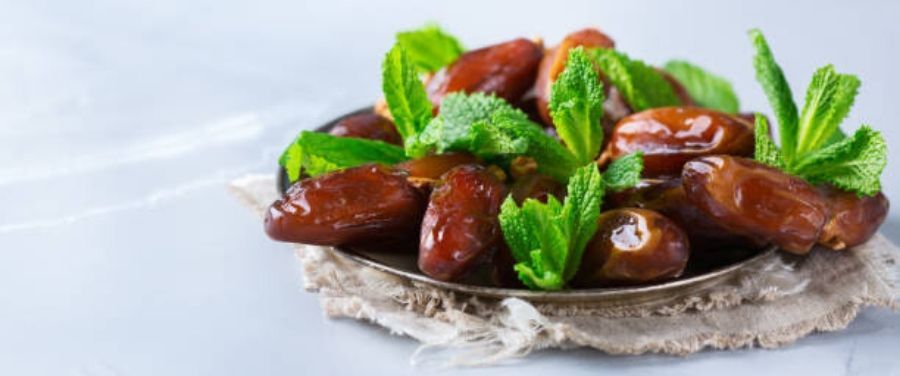
As well as, it also provides 277 calories, 75 gram carbohydrate, 149 IU vitamin A, 2.7 mcg vitamin K, 64 mg calcium, 54 mg magnesium, 62 mg phosphorous and 21 gram of water. (11)
You can consume it raw or with milk.
11. Orange Juice:
Orange is an amazing fruit, which is consumed around the globe. It can be eaten raw, as well as, you can consume it as orange juice. It is a rich source of vitamin C, calcium, potassium and many other healthful nutrients.
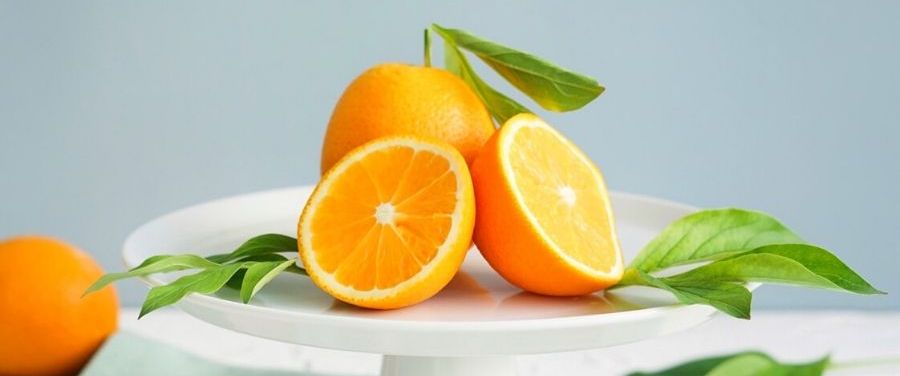
One large (apprx. 184 g) raw orange contains about 333 mg of potassium, which is 10% of your daily value. (13)
Same serving size also provides 414 IU (8% DV) vitamin A, 97.9 mg (163% DV) vitamin C, 21.6 gram (7% DV) total carbohydrate, 4.4 gram (18% DV) dietary fiber, 18.4 mg (5% DV) magnesium and 25.8 mg of phosphorus. (13)
12. Apricot:
Apricots, also known as Armenian plums, are the stone fruits. Being yellow in color and round in shape, apricots looks like a peach. The fruit is extremely nutritious and have many health advantages, such as improved digestion, skin, eye, liver and gut health.
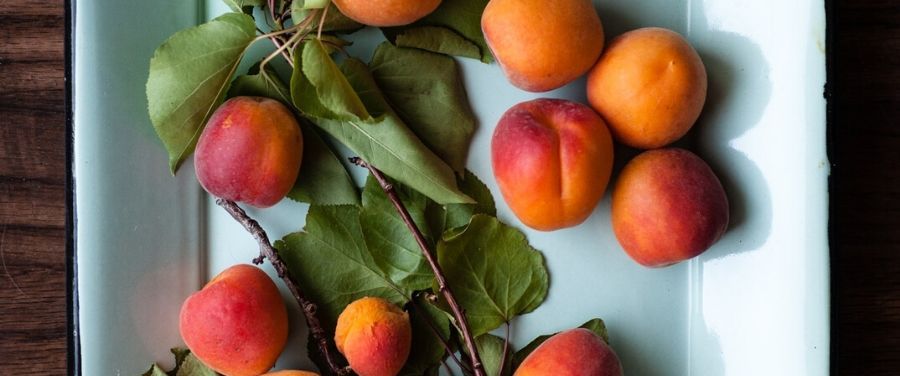
One cup (165 gram) raw sliced apricot contains about 427 mg of potassium, which is 12% of your recommended daily value. Same serving size also provides 79 calories, 18.5 gram carbohydrate, 21.5 mg calcium, 3178 IU (64% DV) vitamin A, 16.5 mg (27% DV) vitamin C, 5.4 mcg vitamin K, 29.7 mg phytosterols 16.5 mg magnesium and 38 mg phosphorous.
OTHER SOURCES OF POTASSIUM:
Other great sources of potassium includes —
- Chocolates
- Yam
- Almonds
- Pistachios
- Soybeans
- Bran
- Cantaloupe
- Honeydew
- Grapefruit
- Mushrooms
- Eggplant
- Peas
- Cucumbers
- Cooked spinach
- Cooked broccoli
- Leafy greens
Juices from potassium-rich fruits also may be a great choice —
- Orange juice
- Grapefruit juice
- Prune juice
- Apricot juice
Potassium rich fishes may include —
- Cod
- Tuna
- Trout
- Halibut
- Rockfish
Certain dairy products, such as yogurt or milk, are also a great sources of potassium.
IMPORTANCE OF POTASSIUM:
High-potassium food is an important part of any balanced diet. Why you need potassium??
Well!
This is a general question. There’re many reasons behind it, including :
- Helps to regulate body’s fluid and electrolyte balance
- Waste removal
- Mineralocorticoid action
- Gastrointestinal motility
- Vascular tone
- Acid-base homeostasis
- Maintain your blood pressure normal
- Aids in muscular function
- Transports nutrients into cells
- Hormone secretion and action
- Glucose and insulin metabolism
- Keeps your nervous system functioning properly
Research shows that this healthful nutrient helps to reduce blood pressure in the individuals with hypertension and may lower the risk of stroke. (12)
Consuming the adequate amount of potassium in your diet helps you to stay healthy, so it’s crucial to eat plenty of potassium-rich foods.
POTASSIUM DEFICIENCY:
Low potassium intakes may lead to potassium deficiency or hypokalemia, one of the most common water–electrolyte imbalances.
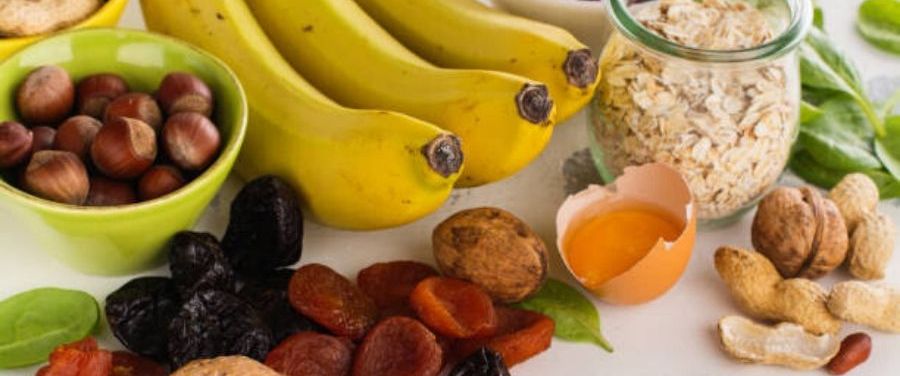
Hypokalemia or potassium deficiency is a low level of potassium in the blood serum. Normal levels of potassium are between 3.5 and 5.0 mmol/L with the levels below 3.5 mmol/L defined as hypokalemia.
Main causes of hypokalemia may include :
- Diarrhea
- Vomiting
- Diuretic therapy
- Nasogastric drainage
- Medications such as steroids, diabetes, dialysis, hypomagnesemia, hyperaldosteronism, insipidus or not adequate intake of diet
Typically, mild low potassium doesn’t cause symptoms. Symptoms may include :
- Weakness
- Constipation
- Tiredness
- Leg cramps
Low potassium may also increase the risk of irregular heartbeat. Hypokalemia can be treatment by addressing the main cause, such as treating diarrhea, sufficient and healthy diet or by stopping an offending medication. People, who doesn’t show any symptoms of hypokalemia, may not require any treatment.
FINAL WORDS
Like other nutrients, potassium is also plays an important role in keeping you healthy. Potassium rich foods may include banana, avocados, apricots, orange, spinach, potato, sweet potatoes, pomegranate and watermelon. You must include the foods that are high in potassium.
RELATED ARTICLES:
